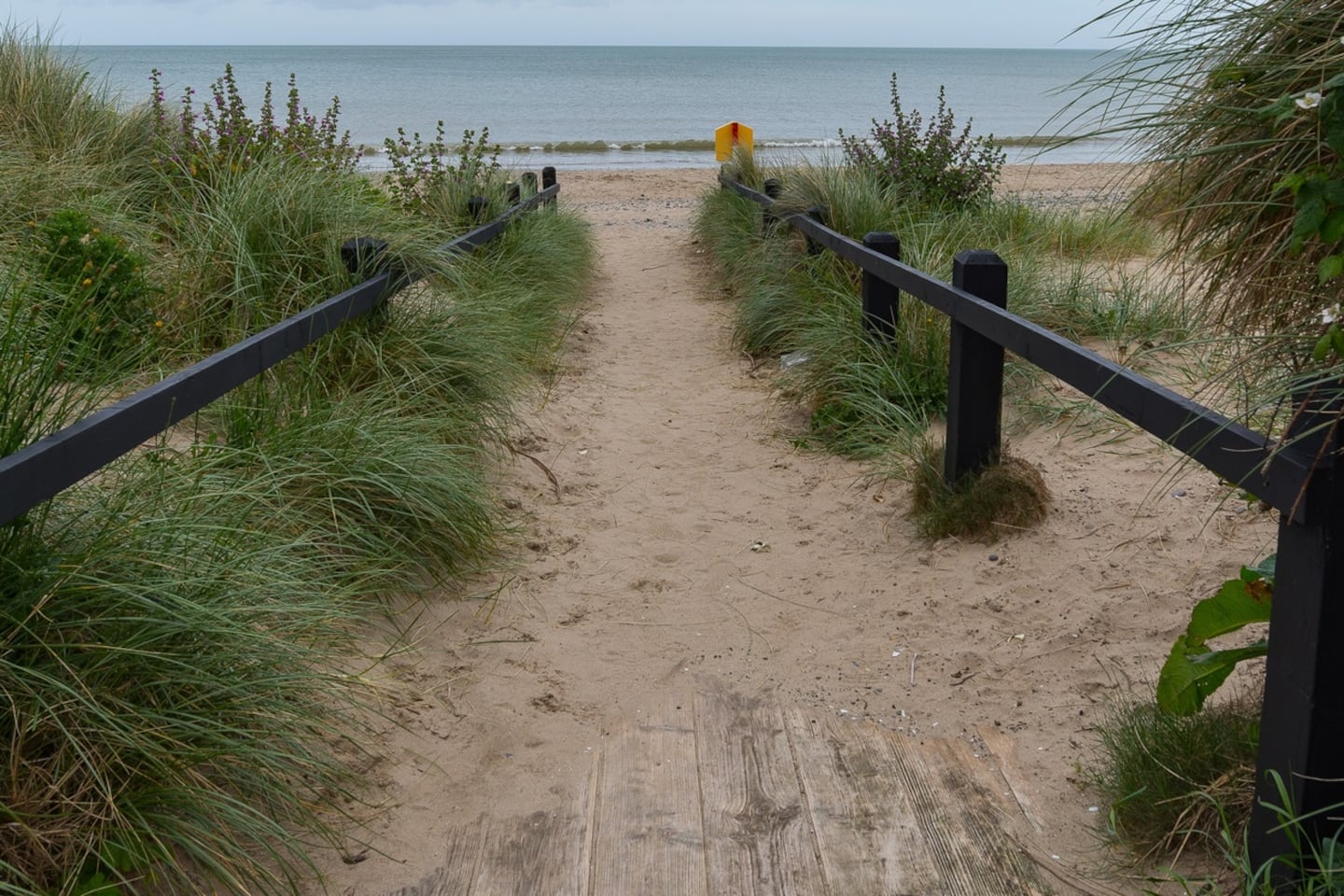An intervention by the European Union on energy markets to counter crippling electricity bills must be in place within weeks, not months, Minister for the Environment Eamon Ryan has said.
Mr Ryan spoke following an emergency meeting of the energy ministers of the 27 member states in Brussels to address the crisis, which revealed divergences between them on the course of action to take.
There “wasn’t disagreement” among the ministers that the EU needed to act, but countries had different views on how to design the policy, Mr Ryan said.
He backed a proposal being developed by the European Commission to limit how much can be charged on energy markets for electricity from certain sources, including wind, nuclear and solar.
READ MORE
Under the plan, the difference between the price ceiling for electricity, proposed at €200 per megawatt hour, and the actual price on the market would be collected and used by national governments to help struggling consumers and businesses, and potentially for investments in alternative energy. Providers of energy from fossil fuels would also be charged through a “solidarity” contribution.
“It’s workable — now, it’s not perfect, the proposals the commission have come up with. But as I said in my contribution, we can’t let the perfect be the enemy of the good. What the commission is doing will allow us to act quickly, and that’s really important,” Mr Ryan said.
“We need to move quickly, and quickly return the revenues back to the consumer.”
Read more on the Cost of Living
- Coalition’s survival may depend on keeping lights on
- Christmas lights, heating in buildings looked at in bid to save energy
- Cold showers and dark streets: How EU countries are cutting energy use
- Q&A: Why are energy bills going up by so much?
Draft legislation being developed by the European Commission, and seen by The Irish Times, includes a plan for member states to identify the hours in which electricity demand reaches its peak, and impose mandatory usage cuts of 5 per cent during those times.
This is to avoid the use of gas power plants, which are switched on when needed to meet surges in demand, and which cause very high prices for electricity because of how the wholesale energy market is designed.
However, these cuts may only be adopted by member states on a voluntary basis, after some national capitals pushed back on the idea.
Mr Ryan said that unlike in July, when the State successfully secured an opt-out from compulsory cuts to energy usage, this time it made sense to join in reducing peak use.
To “reduce the peak demand as much as possible — that makes logic for all of us to do”, he said.
Energy ministers told the meeting that reaching an agreement would be difficult as each country has slightly different circumstances and energy mix, but there is strong political pressure for an agreement to be found.
Hungary resisted the idea of a price cap on Russian gas, while other member states including Belgium pushed for a cap to be also applied internationally to sources of the fuel from around the world.
Some member states called for a fundamental reform of the energy market to stop the price of gas setting the price for electricity from all sources.
Mr Ryan suggested this kind of intervention could come later.
“To unpick our markets will take time, will take several months — and we can’t wait,” he said.
“I believe the commission proposals can and have to be delivered within weeks, not months.”
A formal proposal from the commission, working in the views of member states, is expected to be launched early next week.
Speaking separately in Prague, Minister for Finance Paschal Donohoe backed the idea of limiting energy profits.
“Super levels of profitability should not be experienced by some, while so many are suffering the economic consequences of a war,” Mr Donohoe said.
As the EU’s economy chief Paolo Gentiloni warned that the risk of a recession had “evidently increased”, Mr Donohoe said the options available for intervention were “complex”.
While there is strong political pressure to aid consumers and businesses, EU leaders have also been questioned over the risk that payments to consumers could further fuel inflation.
European Central Bank chief Christine Lagarde was also pressed on whether its weighty rate hike of 75 basis points could deepen a recession risk.
“The ECB can and will act decisively to make sure that the high prices that we see today don’t become entrenched, that inflation expectations are not at risk of anchoring,” she said.
A failure to reduce inflation “will make our citizens, the people of Europe, poorer for longer”, Mr Donohoe said.













